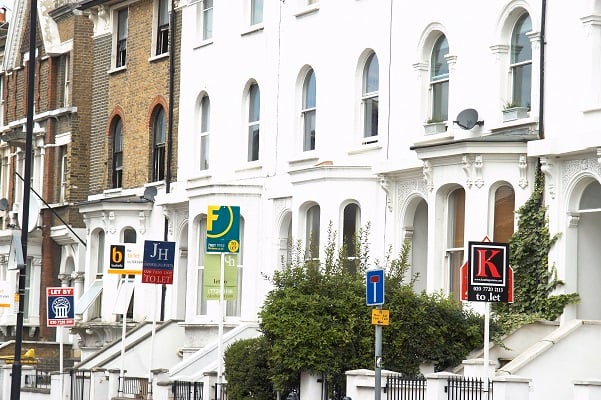Kent law firm Furley Page are warning landlords not to fall foul of new regulations that came into force on 1 June 2020.
The new Electrical Safety Standards in the Private Rented Sector (England) Regulations 2020 require checks to be carried out on all electrical installations every five years, with the landlord being required to provide a copy of the electrical safety report to the tenants and also the local authority if required to do so.
Sarah Woolnough, from Furley Page’s Property team, said: “The Regulations apply to all new specified tenancies from the 1 July 2020 and to all existing specified tenancies from the 1 April 2021. There is therefore a “window” for landlords with existing specified tenancies to get the checks done in readiness for the 1 April 2021 deadline.
“These are very serious new regulations, with landlords who are found to be in breach of their duties under the Regulations facing a fine of up to £30,000.”
To comply with the Regulations landlords need to use a contractor that is a member of a competent scheme, or alternatively they should require the contractor to sign a checklist certifying that they have the competence to carry out the checks.
The contactor must ensure that the installations and standards in the rented property meet the 18th Edition of the Wiring regulations to British Standard 7671. Items that must be checked include all fixed electrical parts of the property such as wiring, plug sockets and light fittings. It will also include fuse boxes and any permanent connected equipment such as showers and extractor fans.
The new regulations do not cover items such as cookers, fridge freezers and TVs, but landlords are still advised to carry out regular PAT testing on any electrical items that they provide in the rental property.
Sarah continued: “It can be a bit confusing to know whether the regulations apply or not. In simple terms, if a person has been granted a right to occupy a property as their only or main home then the Regulations apply and so these Regulations cover assured shorthold tenancies and licences to occupy.
“There are some exceptions, such as private registered providers of social housing, shared accommodation with the landlord or the landlord’s family, long leases of seven years or more, student halls of residence, hostels and refuges, care homes, hospitals and hospices and other accommodation providing healthcare.
“If landlords are unsure about their obligations, they should seek legal advice to ensure they do not fall foul of their responsibilities.”




Leave a Comment